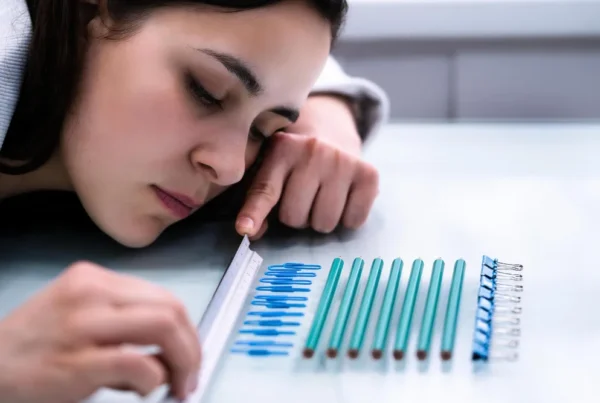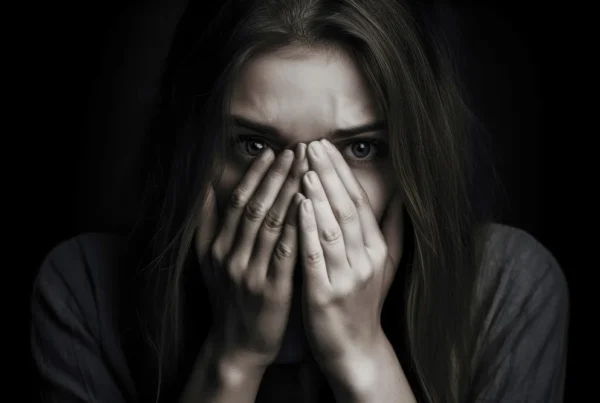Ghasemi M, Kazemi MH, Yoosefi A, Ghasemi A, Paragomi P, Amini H, Afzali MH. Rapid antidepressant effects of repeated doses of ketamine compared with electroconvulsive therapy in hospitalized patients with major depressive disorder. Psychiatry Res. 2014 Feb 28;215(2):355-61. doi: 10.1016/j.psychres.2013.12.008. Epub 2013 Dec 13. PMID: 24374115.
Highlights:
- In this blind, randomized study, 18 patients with DSM-IV MDD were divided into two groups which received either three intravenous infusions of ketamine hydrochloride (0.5mg/kg over 45 min) or ECT on 3 test days (every 48 h).
- The primary outcome measure was the Beck Depression Inventory (BDI) and Hamilton Depression Rating Scale (HDRS), which was used to rate overall depressive symptoms at baseline, 24 hours after each treatment, 72 h, and one week after the last (third) ketamine or ECT.
- Patients in the ketamine group revealed significantly less depressive symptoms compared to the ECT group with the first and second respective treatments.
Results and Conclusions:
- Within 24 h, depressive symptoms significantly improved in subjects receiving the first dose of ketamine compared with the ECT group. Compared to baseline level, this improvement remained significant throughout the study.
- Depressive symptoms after the second dose of ketamine were also lower than the second ECT.
- In the present study, we found that repeated treatment with low doses of ketamine (0.5 mg/kg, three times) as well as ECT can exert rapid antidepressant effects in patients with MDD.
- The antidepressant effects of ketamine also remained 72 h and 1 week after the last (third) injection of ketamine as measured by BDI and HDRS.
- Further analysis interestingly indicated significantly less depressive symptoms in patients who received ketamine versus those who received ECT at the first treatment




